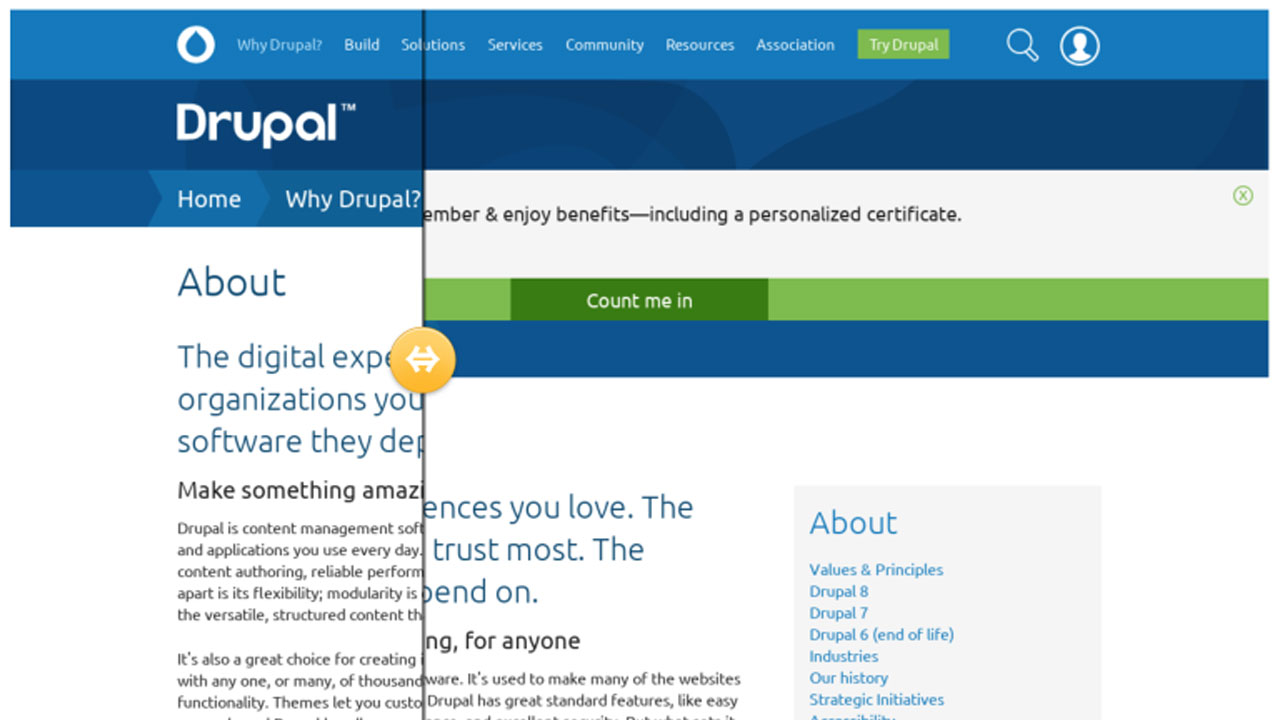Navigating Scalable Data Solutions: Unleashing the Power of Big Data
In today’s data-driven world, the volume, velocity, and variety of data are growing at an unprecedented rate. From e-commerce transactions to social media interactions, businesses and organizations are inundated with vast amounts of information. To stay competitive and relevant, companies must effectively manage and leverage this data to derive valuable insights. This is where scalable data solutions come into play.
Understanding Scalable Data Solutions
*Defining Scalability in Data Management
-Scalability refers to the ability of a system to handle increasing amounts of work or data without compromising performance or reliability.
– In the context of data solutions, scalability involves designing architectures and processes that can efficiently manage growing volumes of data.
Key Components of Scalable Data Solutions
– Distributed Computing: Leveraging distributed computing frameworks such as Hadoop and Spark to process large datasets across multiple nodes.
– Cloud Computing: Utilizing cloud infrastructure to dynamically scale resources based on demand, enabling cost-effective storage and processing.
– NoSQL Databases: Adopting non-relational databases like MongoDB and Cassandra to store and retrieve unstructured or semi-structured data at scale.
– Data Streaming: Implementing real-time data processing solutions like Apache Kafka to ingest, process, and analyze streaming data in near real-time.
Benefits of Scalable Data Solutions
Improved Performance
– Scalable data solutions enable organizations to handle massive datasets efficiently, ensuring faster processing and analysis.
– By distributing workloads across multiple nodes or leveraging cloud resources, organizations can achieve optimal performance even as data volumes grow.
Cost Efficiency
– Cloud-based scalable data solutions offer a pay-as-you-go model, allowing organizations to scale resources up or down based on demand, thereby optimizing costs.
– Additionally, the use of open-source frameworks and technologies minimizes upfront investment and licensing fees.
Enhanced Agility
– Scalable data solutions empower organizations to adapt quickly to changing business requirements and evolving data landscapes.
– With the ability to scale resources dynamically, businesses can respond promptly to spikes in workload or unexpected data growth.
Challenges and Considerations
Data Security and Compliance
– Managing security and compliance becomes more complex as data volumes increase and systems scale.
– Organizations must implement robust security measures and compliance frameworks to safeguard sensitive data and ensure regulatory adherence.
Data Quality and Governance
– Maintaining data quality and governance becomes paramount in scalable data environments to prevent inconsistencies and inaccuracies.
– Establishing clear data governance policies and implementing data quality processes are essential to ensure reliable insights and decision-making.
Architectural Complexity
– Building and managing scalable data solutions can be inherently complex, requiring specialized expertise and resources.
– Organizations need to invest in training and development to build capabilities in scalable data architecture and management.
Conclusion
Scalable data solutions are indispensable for organizations looking to harness the power of big data effectively. By leveraging distributed computing, cloud infrastructure, and advanced data processing technologies, businesses can unlock valuable insights, drive innovation, and stay ahead of the competition. However, addressing challenges such as security, data quality, and architectural complexity is crucial to realizing the full potential of scalable data solutions.
FAQs (Frequently Asked Questions)
1. What are the primary benefits of scalable data solutions?
Scalable data solutions offer improved performance, cost efficiency, and enhanced agility for organizations dealing with large volumes of data.
2. How can organizations ensure data security in scalable data environments?
Organizations can enhance data security through robust measures such as encryption, access controls, and compliance with regulatory standards.
3. What role does cloud computing play in scalable data solutions?
Cloud computing enables organizations to dynamically scale resources, providing cost-effective storage and processing capabilities for handling large datasets.
4. What are some common challenges associated with scalable data solutions?
Challenges include data security and compliance, data quality and governance, and architectural complexity, which require careful consideration and management.









